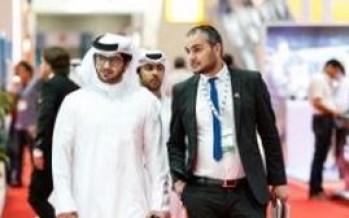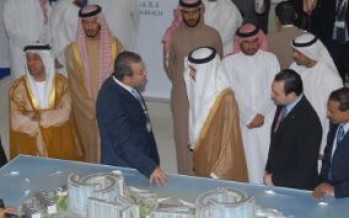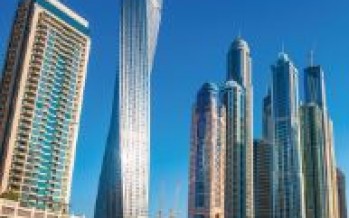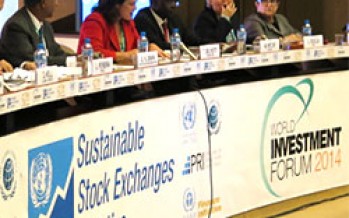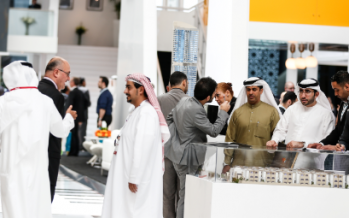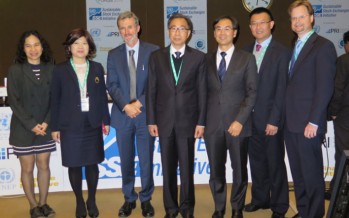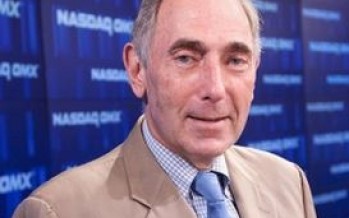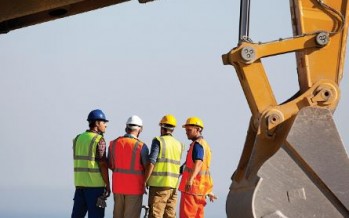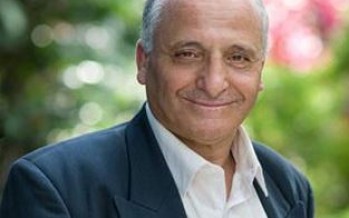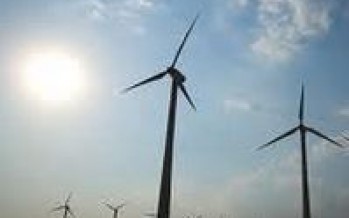Middle East
Back to homepageParticipants at Cityscape Kuwait Showcase Latest Unique Projects & Services
Cityscape Kuwait, the premier real estate investment and development event in the State of Kuwait, will be opening its doors on December 7 – 9 at the Kuwait International Fairgrounds in Meshref. With less than one month until the opening,
Read MoreIREIS 2014 to Offer Unique Investment Opportunities
Event to Facilitate Real Transactions in Key Global Markets In Middle East, Europe and Asea Pacific Abu Dhabi-UAE: October, 2014 – The sixth edition of International Real Estate and Investment Show (IREIS 2014), the only dedicated real estate event that
Read MoreGrant Thornton UAE: It’s Your Choice – Business vs Risky Business
When looking at Enterprise Risk Management (ERM) within organisations, the need for further clarification soon becomes evident. The process of ERM is something that we may unknowingly follow in our daily lives, when planning to go on holiday or planning
Read MoreWorld Investment Forum: Seeking Ways to Unlock the Idle Trillions
As the United Nations Conference on Trade and Development (UNCTAD) celebrates its fiftieth anniversary, business and government leaders from across the world gathered this week in Geneva for the biennial World Investment Forum (WIF). The UNCTAD-sponsored four-day event brought together
Read MoreCityscape Launches Inaugural Event in Kuwait
Region’s Largest Real Estate Event Shines Spotlight on Kuwait Real Estate Market Cityscape Kuwait, the premier international real estate investment and development event in the State of Kuwait is scheduled to open doors on 7 – 9 December 2014 at
Read MoreSustainable Stock Exchanges: Urgent Need for Simple Metrics
The 4th biennial Global Dialogue on the Sustainable Stock Exchanges (SSE) Initiative, concluded yesterday (10/14) at the United Nations Geneva headquarters, unveiled the urgent need for all stakeholders – stock exchanges, regulators, investors, and businesses – to adopt simple, yet
Read MoreSustainable Stock Exchanges: The Relevance of Green Indices
At the fourth Global Dialogue of Sustainable Stock Exchange (SSE) Initiative, last Tuesday in Geneva, Nasdaq OMX vice-chairman Meyer “Sandy” Frucher livened up discussions by spelling out a few hard-hitting truths. Though delivered in way that elicited chuckles from the
Read MoreWorld Bank Group: Can Resource-Financed Infrastructure Fix the Natural Resource Curse?
By Håvard Halland, John Beardsworth, Bryan Land, and James Schmidt How can resource-rich countries ensure that a sufficiently large share of oil, gas, and mining revenues are used for productive investment rather than excessive or wasteful consumption? “Resource-financed infrastructure” (RFI)
Read MoreDr Rachid Yazami: A Battery-Powered Future
Dr Rachid Yazami almost single-handedly invented a global business now worth some $15bn annually. But, he’s not in it for the money. Rather, this Morocco-born scientist is motivated by the thrill of discovery. Dr Yazami has some seventy patents to
Read MoreNew Report Identifies Major Clean-Tech Market Opportunity for Small Businesses in Developing Countries
Small and medium-sized enterprises (SMEs) in developing countries can generate significant growth and create jobs by seizing a potential $1.6 trillion market opportunity in clean technology. Latin America and Africa are among the largest markets for SMEs in clean technology
Read More












































































